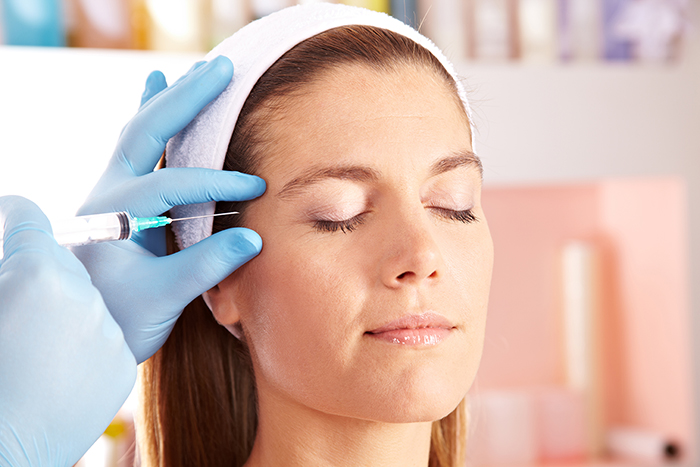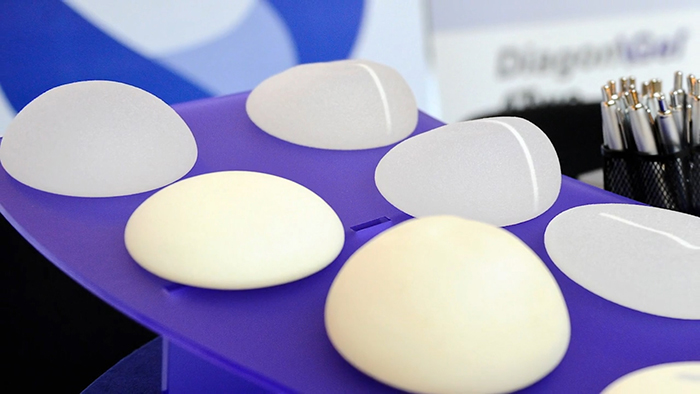The leading manufacturer of breast implants, Allergan, just happens to manufacture Botox, too. This company has clearly got a handle on what women want! Selling two of the most profitable items in aesthetic improvement means Allergan brings in huge profits. To capitalize on this market share, the company offers a cross-selling program – offering free Botox to patients who buy their breast implants.
The PSC physicians breakdown the incentive programs for us and discuss whether or not this benefits, or hinders, patients and their outcomes.
by Joyce Sunila
Bruce Van Natta, MD
Michael Lee, MD
and Dustin Reid, MD
Comboing some of the top procedures: Breast Aug and Botox
Here’s the rub: Botox is the most performed non-surgical treatment in the US with over 3.5 million procedures last year alone. Once a woman sees Botox’s effect on her face (widened eyes and brow, clear relaxed expression) it’s hard for her to resist repeating it when it wears off. This maintenance aspect of Botox means anyone who gets introduced to it potentially becomes a mini-profit center in perpetuity.

For the patient who came in only wanting implants, being offered an “incentive program” that comes with Botox may keep that patient in that surgeon’s office longer than originally planned. This leads to more product being purchased, creating an ethically questionable situation for the surgeon’s practice.
“A lot of the companies involved in plastic surgery have introduced incentive programs to incentivize the patient and the doctor to use their products in combination,” opens Dr. Dustin Reid of Austin. “What do you think about that?”
Dr. Bruce Van Natta of Indianapolis cautions the practice. “Well let’s be honest about it. It’s a promotion for the company. They want to sell their products, that’s what they’re in the business to do! That’s not to say that it can’t be an advantage to a patient who may have interest in Botox.”
What’s the Downside to Incentives?
If a patient comes in for breast implants and also has always been curious about Botox, then an incentive program seems to be a great idea. Problems begin to arise when the patient needs a product different from Botox to really achieve great results. It’s up to the doctor then to tell the patient the pros and cons of any promotional deal.
Dr. Michael Lee of Shreveport sees this as a definite downside to the idea. “The problem is if it at all influences the surgeon’s decision to use a specific product or type of product. When I talk to a [breast augmentation] patient, I examine them, know what they want, and select the implant based off of what’s best-suited for that patient. I’m not going to let the fact that they may get some other product influence what implant I select for a patient. That’s my responsibility as their surgeon.”

I’m not going to let the fact that they may get some other product influence what implant I select for a patient. That’s my responsibility as their surgeon. – Michael Lee, MD
That being said, many products from different manufacturer’s are pretty similar. Van Natta points out this fact, and how Dr. Lee’s concerns – while entirely valid – may only apply to a minority of cases rather than a majority. “All of the major implant companies have products that are pretty similar,” says Van Natta. “So in reality, I can find the implant type my patient needs among any of the manufacturers who supply them. If Allergan throws in some Botox as well, there’s no harm done.”
Dr. Reid summed up the discussion aptly: “So if approached diligently and carefully, [cross-promoting] by the surgeon is probably a positive for the patient in most cases,” he suggested. Both panel members agreed.